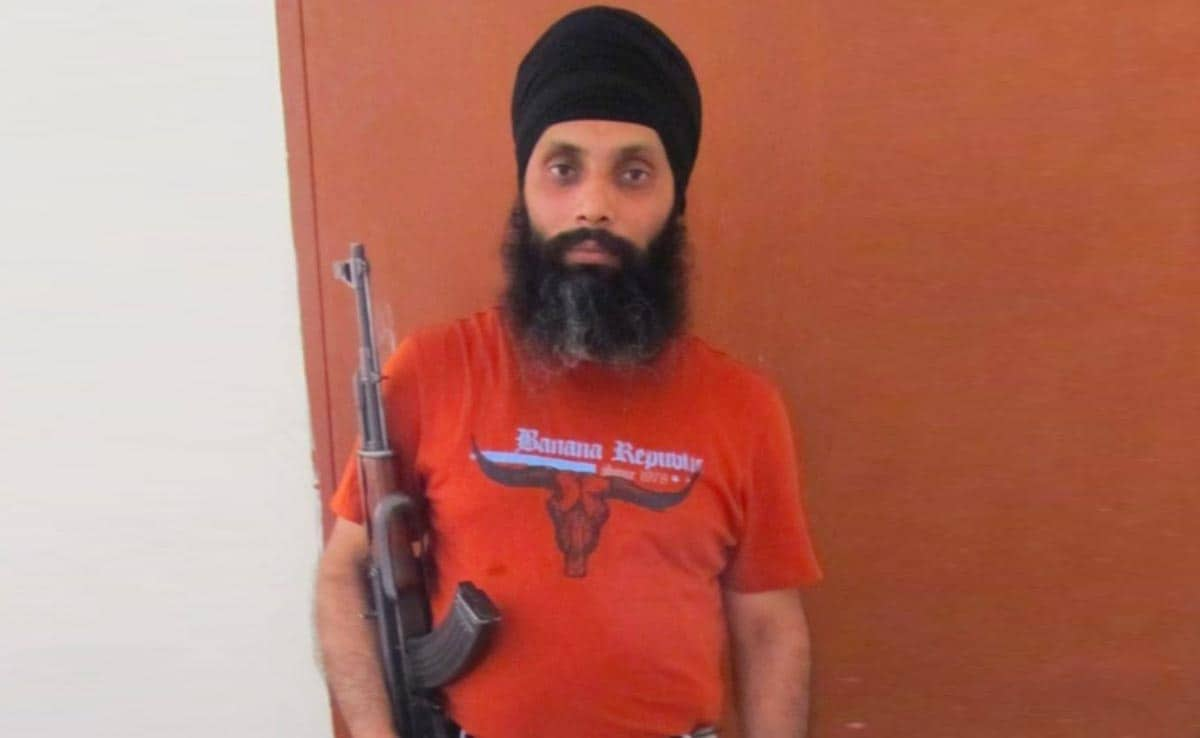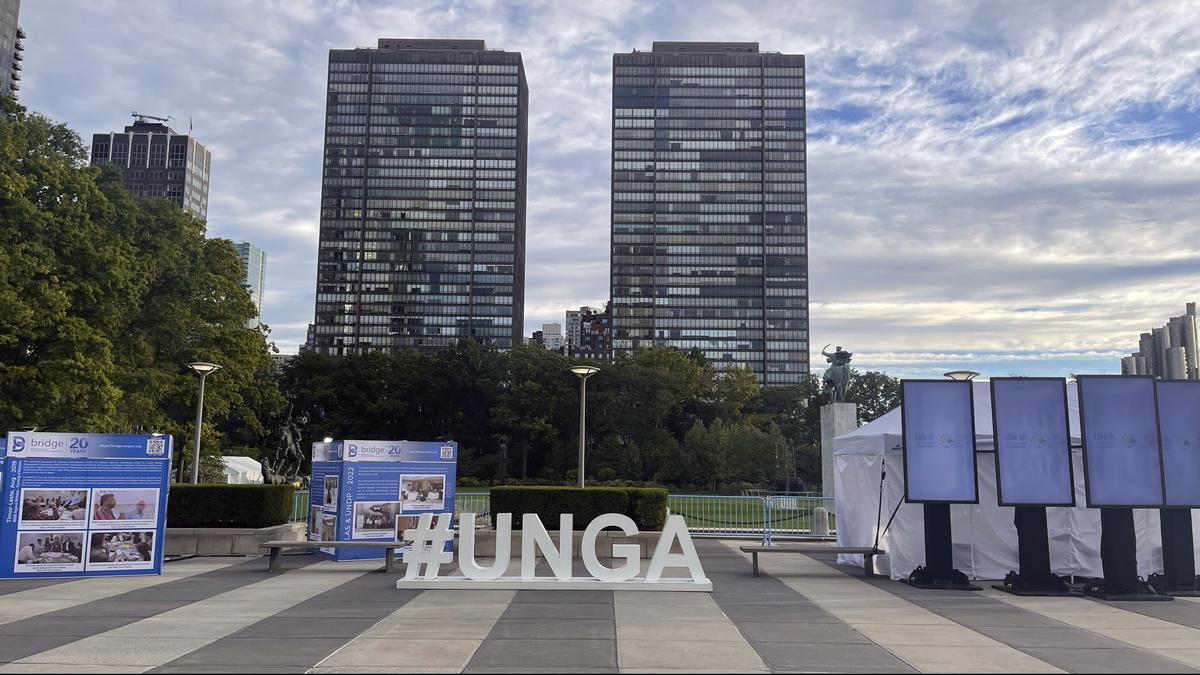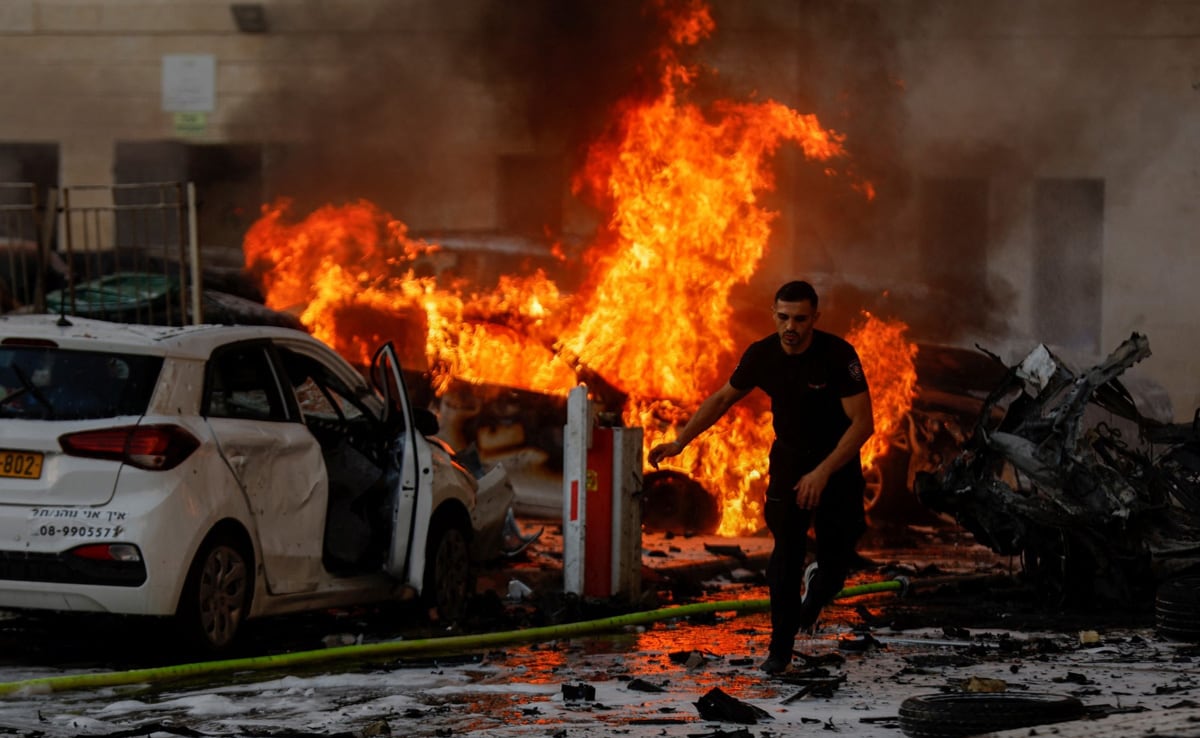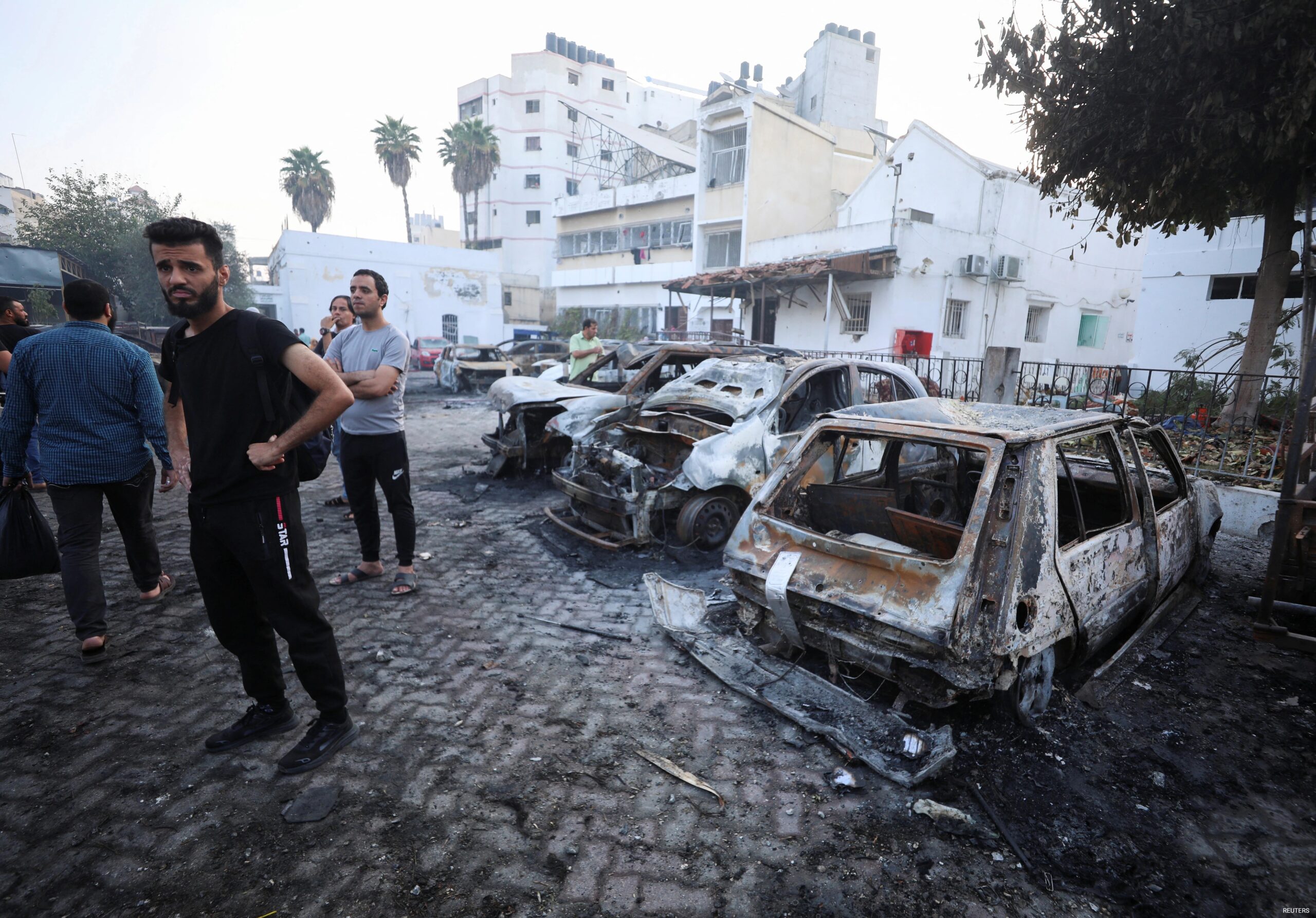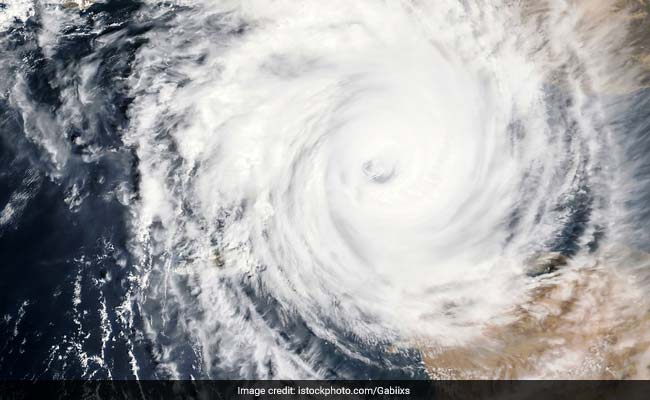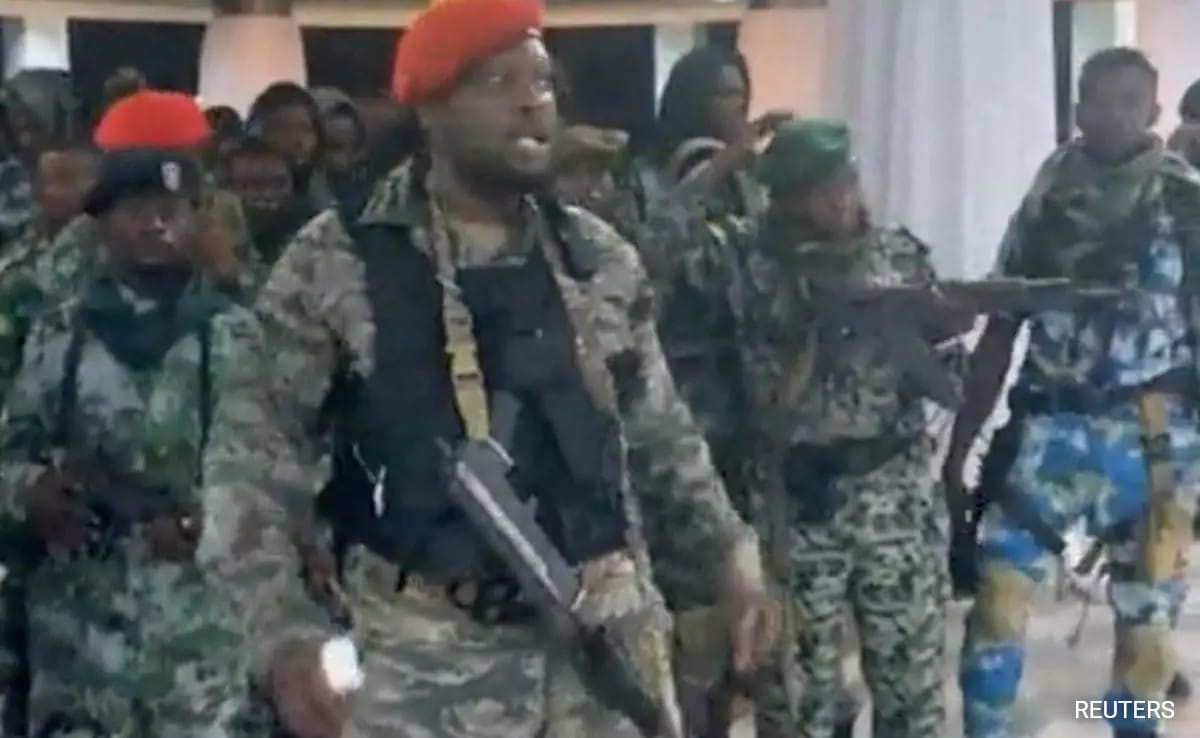Heads of State and Governments, world leaders and foreign ministers have arrived at the UN headquarters for the annual high-level week described as the ‘Oscars of Diplomacy’, with agendas of Sustainable Development Goals, financing for development, climate action and pandemic response taking centrestage as global priorities at the session.
At the high-level 78th session of the United Nations General Assembly, which begins on September 18, the global organisation will host a series of summits that will bring together Presidents and Prime Ministers and leaders.
UN Secretary General Antonio Guterres, who attended the G-20 Leaders’ Summit in New Delhi and the G-77 and China meeting in Havana earlier this month, said this week, “begins the greatest G of all – the G-193 – the High-Level Week of the General Assembly. It is a one-of-a-kind moment each year for leaders from every corner of the globe to not only assess the state of the world – but to act for the common good.
“Action is what the world needs now. We will be gathering at a time when humanity faces huge challenges – from the worsening climate emergency to escalating conflicts, the global cost-of-living crisis, soaring inequalities and dramatic technological disruptions. People are looking to their leaders for a way out of this mess.” The week will open with the 2023 SDG Summit on September 18-19 that will review the implementation of the 2030 Agenda and its 17 Sustainable Development Goals (SDGs) and provide high-level political guidance on transformative and accelerated actions leading up to the target year of 2030 for achieving the Goals, the UN said.
Convened by President of the General Assembly Dennis Francis, the Summit will mark the half-way point to the deadline set for achieving the 2030 Agenda and the SDGs. “It will be the centerpiece of the High-level Week of the General Assembly. It will respond to the impact of multiple and interlocking crises facing the world and is expected to reignite a sense of hope, optimism, and enthusiasm for the 2030 Agenda.” From September 19 through September 26, 193 world leaders and foreign ministers will one by one take to the lectern in the UN General Assembly hall and enunciate their positions on global issues at the General Debate, the central event of the high-level week. As is tradition, Brazil will open the General Debate followed by the US, with President Joe Biden arriving in New York on Sunday to attend the UNGA session.
The theme of the General Debate is ‘Rebuilding trust and reigniting global solidarity: Accelerating action on the 2030 Agenda and its Sustainable Development Goals towards peace, prosperity, progress and sustainability for all.’ External Affairs Ministers S Jaishankar will address the debate on September 26.
On September 20, the General Assembly will convene its second High-level Dialogue on Financing for Development since the adoption of the Addis Ababa Action Agenda. The dialogue will aim to renew global commitment to financing at the highest political level.
Alongside the SDG Summit, UN chief Guterres will convene the Climate Ambition Summit on September 20, with a call on every leader from Governments, business, cities and regions, civil society, and financial institutions to step up. The UN chief urges individuals or organizations participating in the event to present credible, serious and new climate action and nature-based solutions that will move the needle forward and respond to the urgency of the climate crisis.
The High-level Meeting on Pandemic Prevention, Preparedness and Response will be convened by President of the General Assembly, in collaboration with the World Health Organization, on September 20, bringing together Heads of State and Government for the one-day meeting that will adopt a political declaration aimed at mobilizing political will at the national, regional and international levels for pandemic prevention, preparedness and response.
In the declaration, the world leaders will commit to scale up their efforts to strengthen pandemic prevention, preparedness and response and “Strengthen international collaboration and coordination at the highest political levels with the determination to reduce inequities and increase the fair, equitable and timely access to, and strengthening of capacities for pandemic prevention, preparedness and response.” The Preparatory Ministerial Meeting for the Summit of the Future will be held on September 21. The ministerial meeting will take place to prepare for the September 2024 Summit of the Future, which marks a once-in-a-generation opportunity to enhance global cooperation to tackle critical challenges, address gaps in global governance, reaffirm existing commitments, including to the SDGs and the United Nations Charter, and make a multilateral system better positioned to positively impact people’s lives, the UN said.
The High-level Meeting on Universal Health Coverage on September 21 presents an opportunity for countries and stakeholders to renew efforts and accelerate progress toward achieving health for all. This will serve as the foundation for executing policies and ensuring responsibility for strengthening health systems for the future, building on the 2019 Political Declaration, the UN said.
The UN General Assembly will hold the second high-level meeting on the fight against tuberculosis on September 22.
Guterres said that the high-level will shine a spotlight on how to rescue the SDGs at the half-way mark to 2030, how to boost ambition to tackle the climate crisis, on crucial questions of funding and investments for development, on health challenges, hotspots and a host of other issues.
“My appeal to world leaders will be clear: This is not a time for posturing or positioning. This is not a time for indifference or indecision. This is a time to come together for real, practical solutions. It is time for compromise for a better tomorrow. Politics is compromise. Diplomacy is compromise. Effective leadership is compromise.” He asserted that if “we want a future of peace and prosperity based on equity and solidarity, leaders have a special responsibility to achieve compromise in designing our common future for our common good.”




